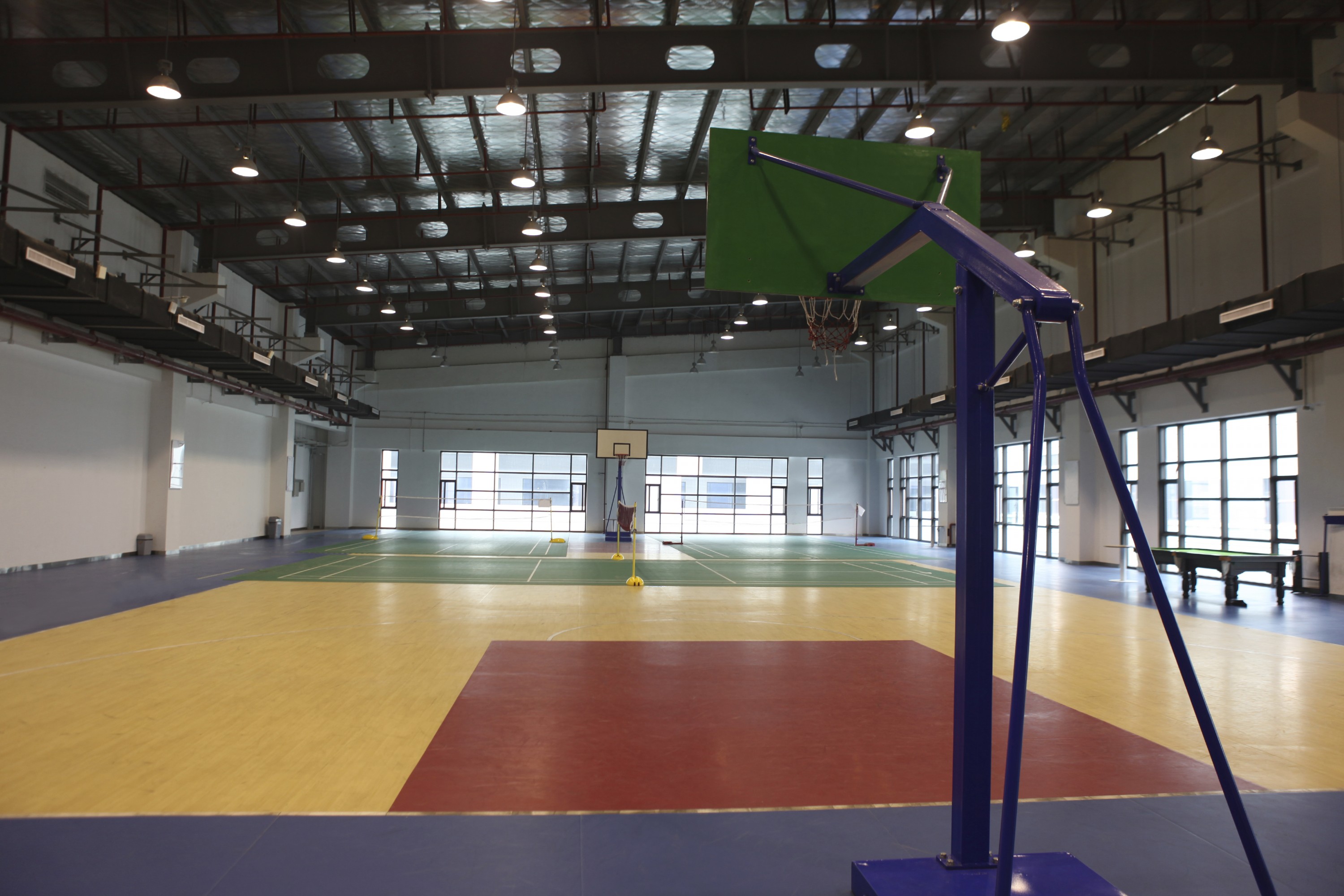UConn trustees have endorsed a funding strategy that will allow the University to improve its athletic facilities to sustain their sports’ competitiveness while avoiding the use of tuition or state dollars for the projects.
The Board of Trustees on Wednesday authorized UConn administrators to develop a plan to implement the strategy, which relies on private philanthropy and revenue generated by UConn Athletics through a facilities enhancement surcharge on non-student tickets.
Many colleges and universities nationwide include fees on their athletics tickets to help improve or replace outdated sports facilities without the use of tuition or public money. UConn has relied in the past on university funds and philanthropy, but several projects – notably modernizing the baseball, soccer, and softball complexes – have gone unfunded as other capital spending priorities took precedence.
Scott Jordan, UConn’s executive vice president for administration and chief financial officer, told trustees Wednesday that those sports complexes need major improvements to sustain the competitiveness and growth of the teams that use them.
They offer limited seating for spectators and their quality is lacking compared to other flagship universities in the American Athletic Conference and elsewhere. They also stand in sharp contrast to UConn’s more modern facilities nearby: the Burton Family Football Complex, Mark R. Shenkman Training Facility, and the Werth Family UConn Basketball Champions Center.
Preliminary improvement costs for the baseball, soccer, and softball complexes total $46 million, and the UConn Foundation expects to be able to raise $25 million in private donations toward the projects – with a substantial portion of that total already in hand.
In addition to bridging the funding gap to improve those facilities, the newly endorsed strategy allows UConn to set up an Athletics Facilities Fund that would serve as a “lock box” of sorts to house the ticket surcharge revenue. That money would provide for the long-term maintenance and improvement of UConn’s athletic facilities.
“Once completed, this work would benefit not only these programs, the student-athletes, and the coaches, but also the thousands of UConn students and fans who attend the games and support these teams,” said trustee Thomas Kruger, chairman of the board’s Financial Affairs Committee. “It is a solution not only for these three projects, but for the issue of capital improvements for other athletics facilities going forward.”
Trustee Thomas Ritter reiterated Wednesday that the surcharge would not apply to student tickets, and said the strategy is a practical and innovative approach to meeting the University’s needs in athletics facility improvements.
UConn would issue bonds to raise the money, then repay them with a modest fee imposed on non-student tickets to athletic events. Committees of the Board of Trustees will review the plan at each stage of its implementation.
Jordan noted that UConn Athletics ticket prices have not changed in at least a decade, but said they will examine price options, attendance patterns, and other factors as part of drafting the strategy for the trustees’ review.
“It’s been a long time in coming and I applaud everyone for moving it forward,” said Larry McHugh, Board of Trustees chairman, who said he often fields questions from the public about the state of some of the outdated athletics facilities. “It’s very important for our athletes and our donors who have pledged money so far.”
In fact, the planned future soccer facility already got a big boost of support with a pledge of $8 million from Tony Rizza ’87 (BUS). The Newington native played for the Huskies from 1983 to 1986. He gave $3 million of that amount in 2012, and has pledged the additional $5 million to match other people’s donations, which already has spurred several additional gifts from others.
Joshua Newton, president and chief executive officer of the UConn Foundation, said Rizza’s gift and the donor-supported Burton, Shenkman, and Werth facilities “serve as evidence that UConn Nation can rally to support its Huskies.”
“The vote today by the trustees speaks directly to the important role philanthropy must continue to play in the success of UConn Athletics,” Newton said Wednesday. “The Foundation is eager to engage potential donors about these exciting projects. We’re also committed to our other major fundraising initiative launched by the Foundation in the last year: the Transform Lives Scholarship initiative, with a goal of raising $150 million for scholarships and student support.”



